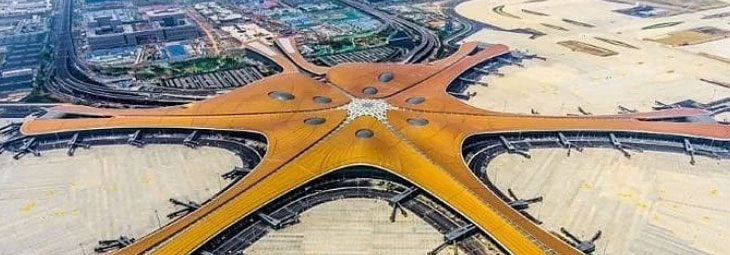


The rejuvenizing history of cycling in western countries is highly associated with the historical background. After the second world war, a rapid rise in private vehicles is seen in these countries, which led to a deteriorating spatial condition for cycling and a steep climb in fatal traffic accidents. As a result, Netherlands, Denmark and Germany saw a 66% decrease in cycling as the transportation mode, while Berlin witnessed a 78% decrease. However, while “The War of Traffic” did not stop automobile industry from developing, the oil crisis caused by two wars in Middle East prompted the rejuvenation of cycling as the transportation mode. Later comes climate change and the COVID pandemic. Therefore, the rejuvenation of cycling can be divided into three historical stages.
The first stage starts from the end of 1970s, when the energy crisis and environmental crisis forced the West to reexamine the risk of automobiles and the value of non-motor vehicles. Countries such as the Netherlands, Denmark and Germany started to construct cycling tracks on a large scale. Second stage started in the late 1990s. After the issuing of “United Nations Framework Convention on Climate Change”, the West accelerated the urban cycling rejuvenation movement. Netherlands, Germany, Denmark and France all successively promulgated their respective nationwide cycling strategy, making cycling as a pivotal element in the energy strategy and climate planning. Later, countries initially viewing cycling only as a form of sports, such as United Kingdom, United States and Australia, all joined the cycling rejuvenation movement. The third phase started from 2020. After the onset of the COVID pandemic, the West has witnessed a new wave of cycling heat. As a miracle of the pandemic, road rights have been adjusted for cycling. It can be expected that, in face of the ever more complex international events and a world entangled in energy crisis, climate change and health crisis, cycling could be the novel solution to these issues for more and more cities.

Edited and translated by Cheng Tian